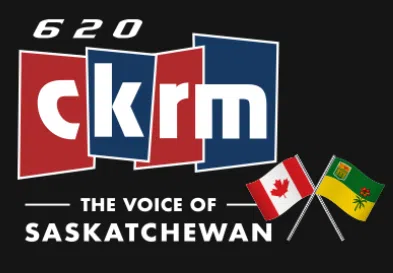The head of the union representing Mounties says Saskatchewan’s plan to start a new police service is not the answer to address rising crime.
Brian Sauvé of the National Police Federation says the province should instead direct dollars it plans to spend on the Saskatchewan Marshals Service to the RCMP.
The federation recently launched an online campaign criticizing the proposed marshals service, saying it’s something most people don’t want and it won’t immediately solve policing issues.
“The big thing is nobody knows what it’s going to do,” Sauvé said this week.
“Police associations are sitting back and saying, ‘Well, why are we spending money on something new when we can reinvest in infrastructure and services that are really well provided, well resourced and already have the infrastructure in place?’
“(Residents) don’t want some brass ring that may plug a hole, and we don’t know what that hole is.”
The province announced in the fall of 2022 that it was creating the marshals service to enhance public safety, particularly in high-crime areas. Officers would locate high-risk offenders and investigate farm thefts. They would also assist RCMP and other police agencies.
The province has hired a chief marshal, who plans to oversee about 70 officers by 2026.
Saskatchewan has spent $7 million to initiate the service and says it will cost $20 million per year once the team is operational. It has not outlined other startup costs.
Sauvé said the Saskatchewan Party government could fund 100 additional RCMP officers with $20 million per year. He said the average Mountie costs a little less than $200,000 per year,noting the federal government covers 30 per cent.
“That would be the thing that would satisfy a lot of folks in Saskatchewan and that would satisfy a lot of police officers in Saskatchewan, who have been under-resourced and underfunded for a long time.”
Assistant Commissioner Rhonda Blackmore, who is commanding officer of the RCMP in Saskatchewan, has questioned what the plan means for the force.
She said in August there’s an opportunity to provide additional funding to RCMP, noting violent crime has risen.
“I do think there is potential for some repetition from the marshals, given some of the mandates that we have heard they’re going to be doing, functions that the RCMP is already doing,” Blackmore said.
The province has said it’s looking for officers who are “fairly experienced” to join the marshals.
It said it has also heard from residents who have concerns about long RCMP response times.
Sauvé said the province could start to address response times by funding a study that would inform it on how to reposition resources.
“You really need to have some solid data, evidence-based decision making to be able to say this is how we’re going to move our way forward,” he said.
“Let’s figure out how we can do it better versus throwing darts at a dartboard and guessing that this is going to happen.”
The federation commissioned an online survey in November, which found 81 per cent of respondents were satisfied or very satisfied with RCMP.
About two-thirds of respondents said they haven’t heard of the marshals and 52 per cent said $20 million in annual fundingshould be spent to increase RCMP services.
Pollara Strategic Insights conducted the poll between Nov. 2 and 13, surveying 1,006 Saskatchewan adults through a randomly selected online sample. The polling industry’s professional body, the Canadian Research Insights Council, says online surveys cannot be assigned a margin of error because they do not randomly sample the population.
The survey also said 60 per cent of respondents were opposed to the marshals not immediately having an oversight body. The province’s deputy minister is to act in place of a police board to oversee operations until boots are on the ground.
“This means that politicians will have access to police information that should not otherwise be accessible to governments and politicians, impeding the independence of such a law enforcement agency,” says the federation’s website.
Sauvé said police services need to be independent from government.
The federation had a similar campaign when the Alberta government was looking at creating a provincial police force.
In August, the province said it was no longer formally pursuing a police service but that the idea wasn’t dead.







